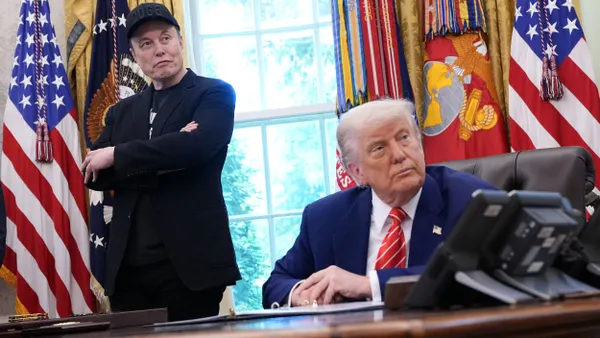Editor's note: This story is part of the WardsAuto digital archive, which may include content that was first published in print, or in different web layouts.
BOXBERG, Germany – It was an emotionally painful moment two months ago when Robert Bosch, the world’s largest auto supplier, pled guilty to federal charges of price-fixing for engine components and agreed to pay a $57.8 million fine in the U.S., says the company’s top automotive executive.
Rolf Bulander, a Bosch board member who is chairman of the supplier’s Mobility Solutions business sector, says the actions of individuals who conspired to allocate the supply or rig prices of spark plugs, oxygen sensors and starter motors to Detroit’s three automakers “did not fit” with the company’s corporate culture.
“We took our lessons from that,” Bulander tells U.S. journalists at the supplier’s biennial international press briefing and technology deep-dive here.
Bosch is the third European-based company implicated in the U.S. Department of Justice’s ongoing investigation into anti-competitive conduct in the automotive parts industry. The company was involved in the conspiracy from 2000 until at least July 2011.
Asked if the economics of the automotive components business remain so challenged that suppliers find themselves having to take desperate measures to survive, Bulander admits competition is fierce in the market.
But he adds: “This is not an excuse for violating antitrust regulations.”
As part of the guilty plea, Bosch has agreed to an extensive training program that already has reached 32,000 people within the organization, Bulander says.
“We have enlarged our compliance organization,” he says. “We have made our own investigation, so we are quite sure we have now done everything to comply with anti-trust regulations.”
The training sessions started with Bosch sales teams at the personal level, then were reinforced with additional online training and identified activities that are and are not compliant. “What’s the difference from 20 years ago and how to deal with situations where compliance could be violated,” Bulander says of the instruction.
Most importantly, Bulander says the training explains how employees should respond if questionable situations arise. “So we made a lot of contributions to that.”
He refers to the company founder, who said more than 100 years ago that doing business honestly and fairly is a value. “This is still the value,” he says.
Bosch Balances Established Technologies With New
The biennial press briefing here for more than 300 journalists from 40-some nations always has been a showcase for the supplier’s latest activities in its primary automotive components, such as fuel injectors, brakes and other hardware.
But in recent years the emphasis has shifted to the company’s broad expertise in electronics and the role internally developed semiconductors and software can play in improving the performance of mechanical parts.
Bosch’s Automotive Technology business unit now has a more forward-looking name, Mobility Solutions, and the company also sold off its foundation-brake business several years ago.
This year’s daylong program focused on electrified powertrains, autonomous vehicles and connectivity, but Bulander says Bosch is not migrating away from the mechanical side of the company.
He recounts applying for a job 27 years ago with Bosch when he saw a German newspaper advertising that a company was looking for applicants with both mechanical and electronics experience.
“So even at that time the combination of electronics and mechanics was essential,” Bulander says, adding that Bosch has 45,000 engineers working in product development worldwide, including 15,000 writing software.
“So we cannot say we are excellent in mechanics and that is enough, or that we are excellent in electronics and that is enough. It’s not enough. You need the combination. Bosch for 30 to 40 years has seen the combination.”
Other key points from Bulander:
- The Mobility Solutions sector generated sales of €33.3 billion ($36.9 billion) in 2014, equivalent to 8.9% growth, more than double the pace of worldwide vehicle production. The unit has 205,000 employees working at 126 manufacturing sites and 59 engineering centers.
- Bosch has purchased ZF’s stake in a 50-50 joint venture dedicated to steering systems and is in the process of absorbing the operations. ZF had to divest of the business when it acquired TRW, a leader in steering. The new division will be called Bosch Automotive Steering.
- By 2020, Bulander hopes the cost of batteries will be cut in half, making electric vehicles more attractive to consumers. “By then, some 3 million charge spots will have been installed around the world – 10 times as many as in 2013,” he says. By 2025, 15% of all new vehicles will feature an electrified powertrain, he says.
- Bosch has completed 30 production orders for electrified powertrains, 10 of them for premium plug-in hybrids such as the Porsche Panamera. Bulander says Bosch has a large-scale order for a hybrid powertrain for a midsize vehicle. Bosch also was a key partner in developing the powertrain of the Fiat 500e electric vehicle.
- Internal-combustion engines have not reached peak efficiency and will remain popular for many years to come. “We are confident we can reduce fuel consumption by a further 10% for diesel engines and by a maximum of 20% for gasoline,” Bulander says.











